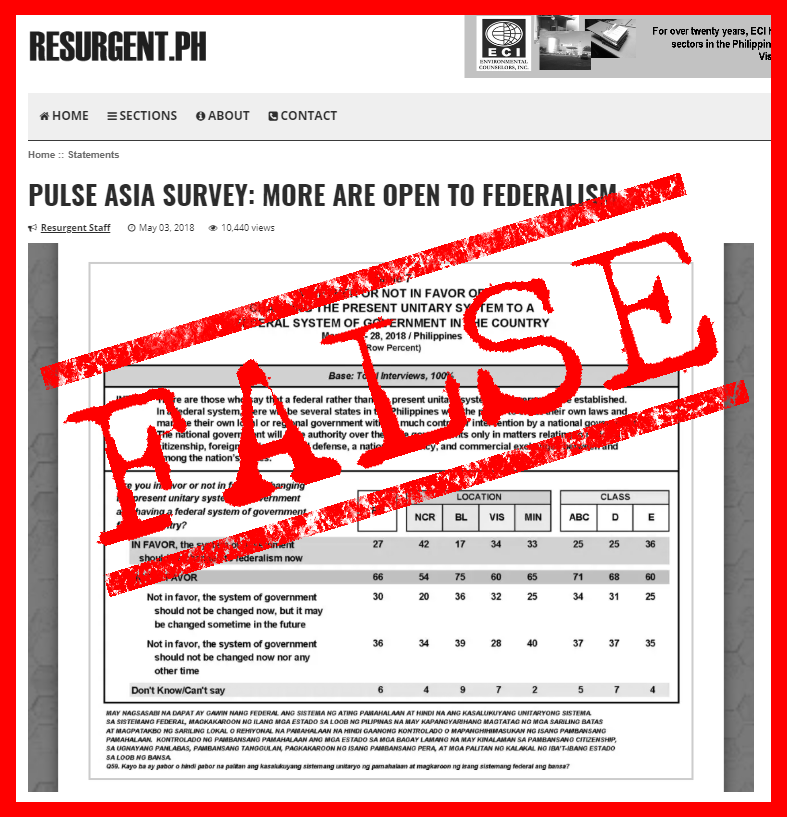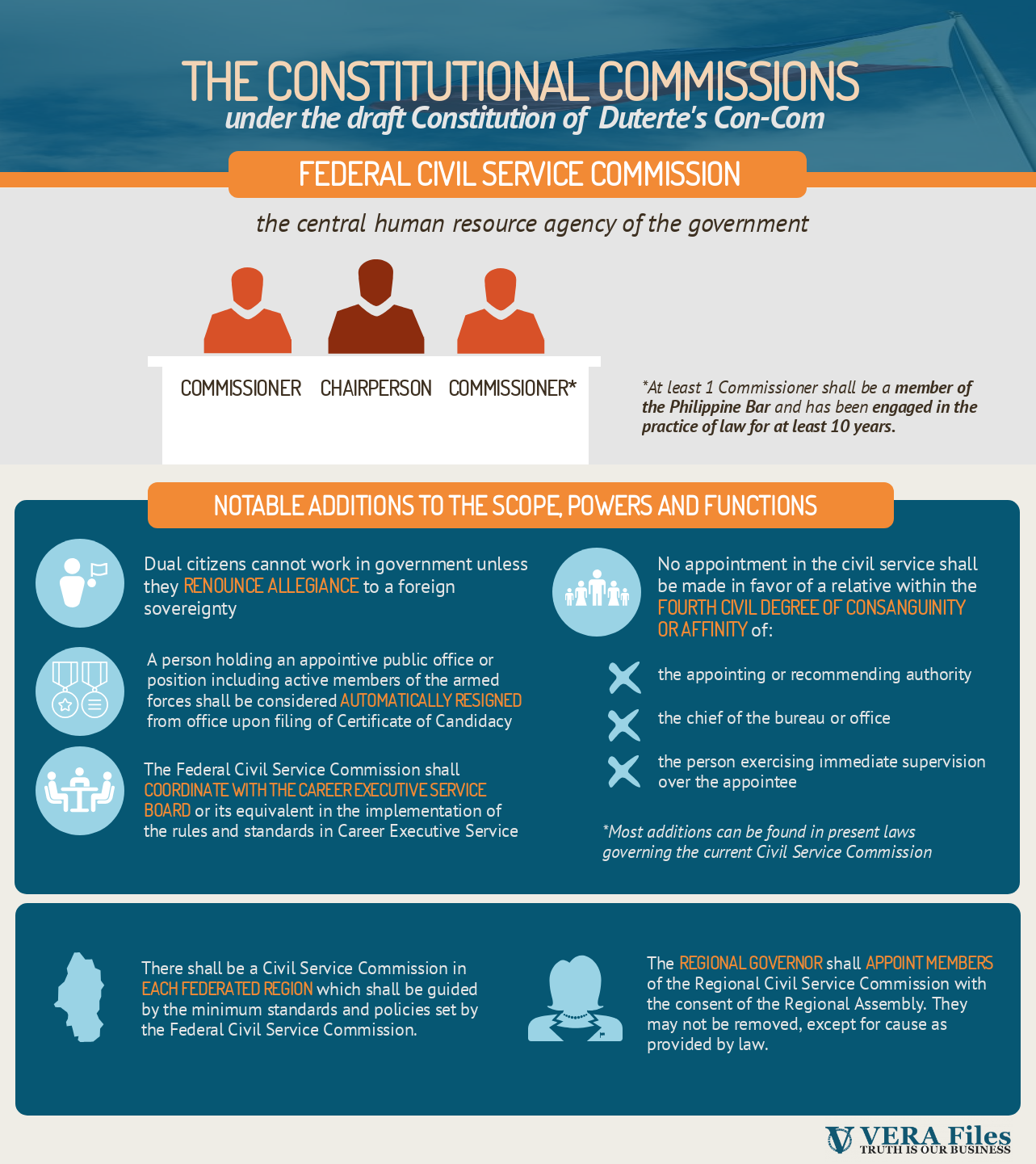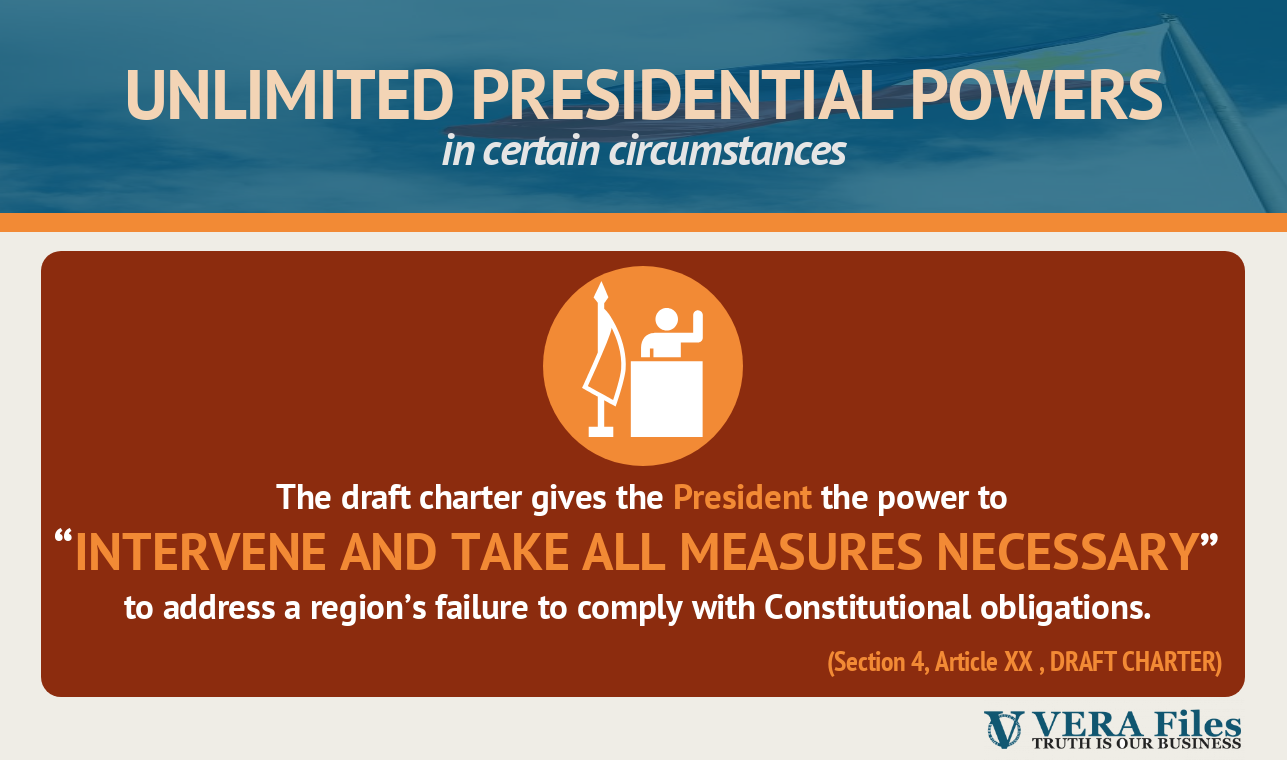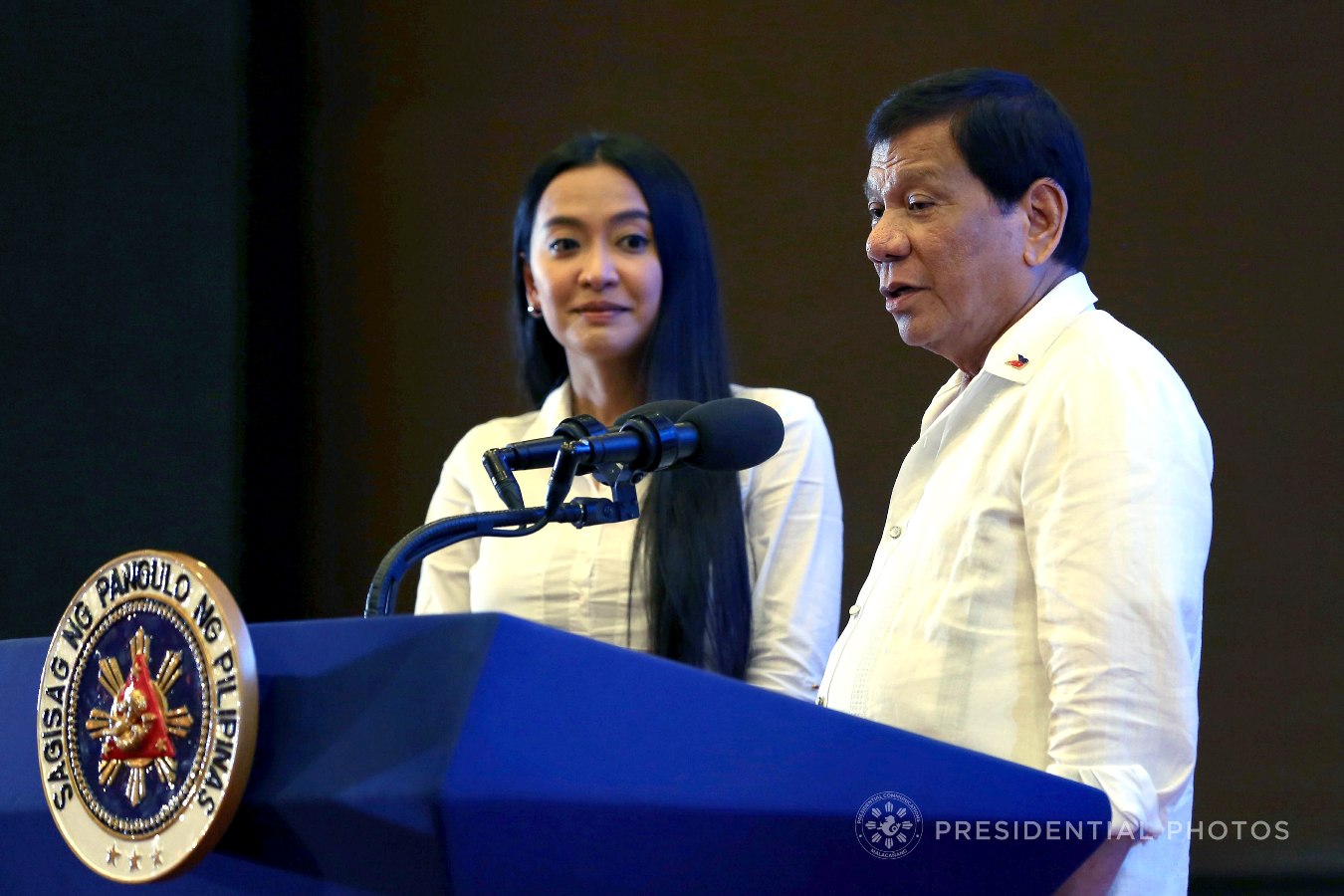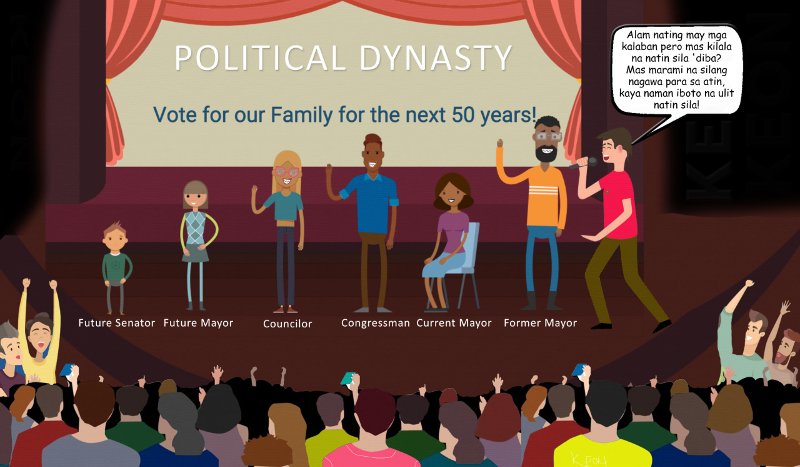
Photo credit to – www.constitutionalreform.gov.ph
Candidates in the May 9 national and local elections should take a cue from President Rodrigo Duterte and forget about federalism. Duterte said Filipinos are “not enamored” with the idea of changing the current presidential form of government.
Shifting to a federal system was a centerpiece of Duterte’s campaign promises in 2016. He said he believed federalism would bring lasting peace, particularly in strife-torn Mindanao, and prosperity in the country’s regions that have long been stricken by poverty.
Although Duterte declared in June 2019 that he was no longer inclined to push for federalism because the surveys and public consultations showed that it was unpopular and that Filipinos are not ready for it, he still wanted Congress to open the 1987 Constitution to amendments.
In a taped one-on-one interview with Presidential Communications Secretary Martin Andanar aired last Friday, Duterte conceded that his efforts toward a shift to federalism were unsuccessful because “[the] Filipino people [are] not ready; it is not accepted.”
“There are many forms of parliament. Kapag diyan mo na inaano, ang mga tao hindi talaga nakakaintindi. Hindi kami nagkulang pero as president and as honestly as I can be, hindi talaga tanggapin ng tao, karamihan, kaya hindi nag-take off (When you begin talking about this, the people will really not understand. We did not fall short but as president and as honestly as I can be, most people will really not accept it, that’s why it did not take off),” Duterte explained in the interview.
Among the top six presidential candidates in the upcoming polls, only Sen. Emmanuel “Manny” Pacquiao has declared support for Charter change and a shift to the federal form of government to decentralize power from the central to local government units.
This may be because Pacquiao hails from Mindanao where the advocacy for federalism seems stronger than the rest of the country. He had said he himself would preside over consultations on federalism, if elected president.
Sen. Panfilo “Ping” Lacson would rather push for decentralization of governance through budgetary reform, which can cascade to local communities about P300 billion in funding that gets lodged with the central government and usually ends up unspent due to delayed implementation of projects.
Vice President Maria Leonor “Leni” Robredo, Manila Mayor Francisco “Isko Moreno” Domagoso and labor leader Leodegario “Ka Leody” de Guzman share a preference for the passage of an enabling law that would implement a provision in the 1987 Constitution banning political dynasties over a shift to federalism.
Section 26, Article 2 of the Constitution provides: “The State shall guarantee equal access to opportunities for public service, and prohibit political dynasties as may be defined by law.”
Since 1987 when Congress convened after the martial law years, bills banning political dynasties have been filed but discussions hardly reached the plenary, largely because a significant number of legislators come from political clans.
Duterte himself has three children in politics. His daughter, Sara Duterte-Carpio is an incumbent mayor of Davao City and running for vice president in the May 9 elections. His younger son, Sebastian “Baste” Duterte is vice mayor and running for mayor in May, while his other son, Paolo Duterte, is deputy speaker and the representative for Davao’s 1st district.
But former senator Ferdinand “Bongbong” Marcos Jr. is unsupportive of moves to enact an anti-dynasty law, saying that the dominant political families in the country are not necessarily bad.
Marcos Jr. comes from a family that has established a political dynasty that traces its beginnings to the 1925 election of his grandfather, Mariano Marcos, to the House of Representatives as congressman for the second district of Ilocos Norte. His father and namesake, Ferdinand Marcos Sr., ruled the country for 21 years until his ouster in 1986.
For her part, Robredo has said federalism seemingly poses more dangers than solutions to the country problems primarily because the provinces are ruled by political clans. She said political dynasties would thrive under a federal government, which is contrary to the constitutional intent.
To de Guzman, it is important to craft a law banning political dynasties, which have monopolized power in their “kingdoms,” stunted the people’s political maturity, and held hostage democratic institutions and processes.
The Duterte administration had spent so much time and money in the campaign for a shift to federalism and still failed to convince the public to support it. We can no longer afford to waste scarce resources for this unpopular exercise.
Candidates, both for national and local positions, should just forget about changing the form of government and focus instead on finding solutions to the more pressing problems such as the worsening corruption and poverty.
Because we can’t expect politicians from dynastic families to take the lead in dismantling the system that breeds them, the ball is in the hands of the voters to reject them.
The views in this column are those of the author and do not necessarily reflect the views of VERA Files.
This column also appeared in The Manila Times.

